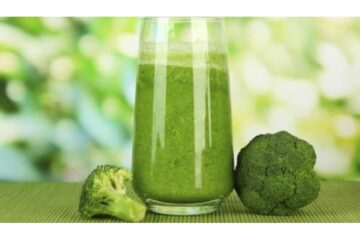A new analysis of the findings of previous studies shows that even in adults who do not have hypertension, regular alcohol consumption—even as little as one drink per day—is linked to an increase in blood pressure readings.
The examination distributed Monday in the American Heart Affiliation’s diary Hypertension dissected information from seven global examinations and found that individuals who drank even one cocktail each day were bound to have more severe hypertension when contrasted with non-consumers.
Senior study author Dr. Marco Vinceti stated in a news release, “We found no beneficial effects in adults who drank a low level of alcohol compared to those who did not drink alcohol.” We were to some degree astounded to see that polishing off a generally low degree of liquor was additionally connected to worse hypertension changes over the long haul contrasted with no utilization — albeit undeniably not exactly the circulatory strain increment found in weighty consumers.”
The examination remembered information from in excess of 19,000 grown-ups for the US, Korea and Japan. In order to maintain consistency in measurements across nations with varying varieties of beverages and sizes of “standard drinks,” alcohol consumption was measured in grams of alcohol consumed rather than in the number of drinks consumed.
Subsequent to auditing the information of all members for over five years, analysts viewed as the systolic, or top number, pulse rose:
1.25 millimeters of mercury (mm Hg) in individuals who polished off a normal of 12 grams of liquor each day
4.9 mm Hg in individuals polishing off a normal of 48 grams of liquor each day.
According to the release, a 12-ounce serving of regular beer, 5 ounces of wine, or 1.5 ounce shot of distilled spirits contains 14 grams of alcohol in the United States.
For diastolic, or base number, pulse, it rose:
According to the release, diastolic blood pressure is not as strong a predictor of heart disease risk as systolic blood pressure is. Additionally, these associations were seen in males, who accounted for 65% of the study participants, but not in females. Diastolic blood pressure is not as strong a predictor of heart disease risk as compared to systolic blood pressure. Both patients displayed the systolic results.
A “silent killer,” high blood pressure can raise a person’s risk of heart attack, stroke, chronic kidney disease, and other serious illnesses.
“Alcohol is definitely not the only factor that causes blood pressure to rise; However, our findings demonstrate that it makes a significant contribution,” Vinceti continued. Avoiding alcohol consumption is preferable to limiting it.”


